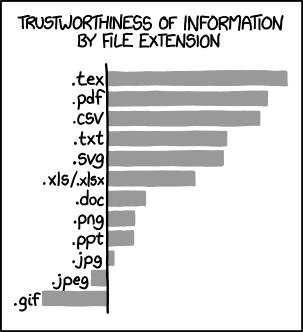- Friday, January 16th: Teaching portfolios: Focus on multimodal work? Online teaching & learning?
- Friday, January 30th: postponed
- Friday February 6th: Reviewing and practicing some models and methods that foster real, genuine, meaningful interaction and engagement in online courses, focusing on discussion forums and peer review work
- Friday, March 6th: follow-up on D2L discussion forum and planning for SQ
Call for Proposals
This year’s theme, Technoliteracy In(ter)ventions, seeks to explore how technological innovation continually forces us to redefine what it means to be a “literate” society in the 21st century. Personal, professional, and academic spaces are perpetually co-opted by new inventions. At the same time, interventions are often required—for those who fear these new technologies, as well as for those who succumb to digital addiction.
Potential panel and presentation topics may include (but are not limited to) the following categories:
- Literacies – (primary, secondary / multilingual / digital / oral / aural / written / digital / etc.)
- Technologies – (specific devices, applications, tools)
- Writing Studies
- Inventions – (new creations / innovations with professional, personal, academic impact)
- Interventions – (creating technological buy-in amongst skeptics / dispelling fanaticism)
- Access – (universal access – economic / physical / etc. – accommodation)
- Digital Humanities
- Pedagogies – (instructional strategies, teaching)
- Gaming
- Social Media
- Usability / User Experience
- Individuals – (investigation of key players, historical figures)
- Institutional – (examinations of educational / professional organizations)





























 Friday April 19th:
Friday April 19th: 

